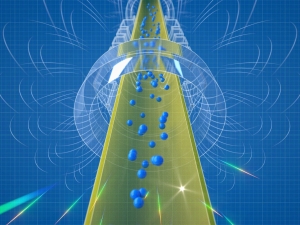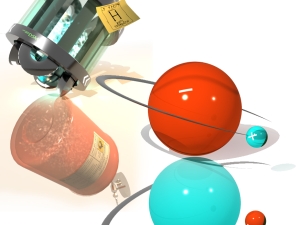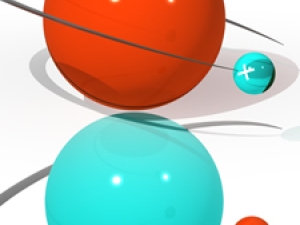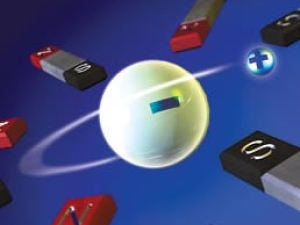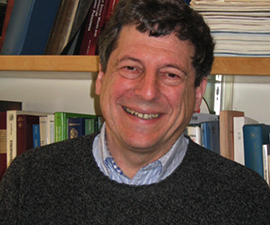

Research Bio
Jonathan Wurtele is a professor in the Department of Physics. His research interests are in beam and plasma physics, trapping and measuring the spectral and gravitational properties of antihydrogen, free electron lasers, and climate change. See his current projects.
Research Expertise and Interest
physics, stability, plasma theory, advanced accelerator concepts, intense laser-plasma interaction, the basic equilibrium, radiation properties of intense charged particle beams, simulation and the development of proof-of-principle experiments
In the News
Antimatter Embraces Earth, Falling Downward Like Normal Matter
The First Spectroscopic Measurement of an Anti-Atom
Scientists at Lawrence Berkeley National Laboratory have played leading roles in designing and operating ALPHA, the CERN experiment that was the first to capture and hold atoms of antihydrogen, a single antiproton orbited by a single positron.
CERN group traps antihydrogen for more than 16 minutes
The ALPHA experiment at CERN in Geneva has successfully trapped rare antihydrogen atoms for 1,000 seconds, or more than 16 minutes. This is long enough to start experimenting for the first time on antimatter atoms to determine whether they act like normal matter.
Antihydrogen trapped for first time
The particle accelerators at CERN in Geneva produce scads of antiprotons, which five years ago were combined at high speed with positrons to create for the first time antimatter atoms: antihydrogen. Those atoms annihilated with normal matter within microseconds, but an international team involving UC Berkeley and LBNL physicists has succeeded in slowing such atoms down and trapping them for a tenth of a second. This will allow experiments on a type of matter that hasn't been available since shortly after the Big Bang 14 billion years ago.

